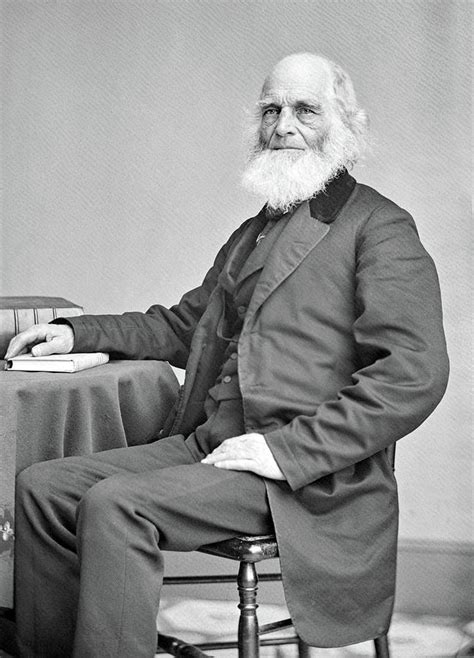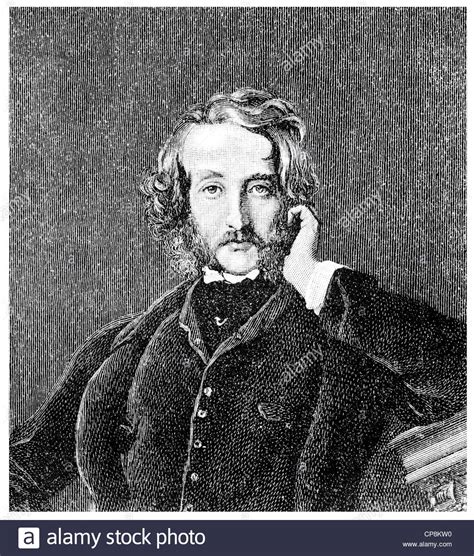A Quote by William Cullen Bryant
Remorse is virtue's root; its fair increase are fruits of innocence and blessedness.
Related Quotes
There are no moments more painful for a parent than those in which you contemplate your child's perfect innocence of some imminent pain, misfortune, or sorrow. That innocence (like every kind of innocence children have) is rooted in their trust of you, one that you will shortly be obliged to betray; whether it is fair or not, whether you can help it or not, you are always the ultimate guarantor or destroyer of that innocence.
When virtue is pictured as innocence and innocence equated with childlikeness, the implication is obviously that knowledge and experience are no longer media of goodness, but have become in themselves contaminating. This is a very despairing outlook, in its way as black as Augustine's original sin, for it supposes that original goodness will in all likelihood be defiled...It surrenders the attempt to represent virtue in a mature phase.
The innocence of those who grind the faces of the poor, but refrain from pinching the bottoms of their neighbour's wives! The innocence of Ford, the innocence of Rockefeller! The nineteenth century was the Age of Innocence--that sort of innocence. With the result that we're now almost ready to say that a man is seldom more innocently employed than when making love.
When grown people speak of the innocence of children, they dont really know what they mean. Pressed, they will go a step further and say, Well, ignorance then. The child is neither. There is no crime which a boy of eleven had not envisaged long ago. His only innocence is, he may not be old enough to desire the fruits of it...his ignorance is, he does not know how to commit it...







































